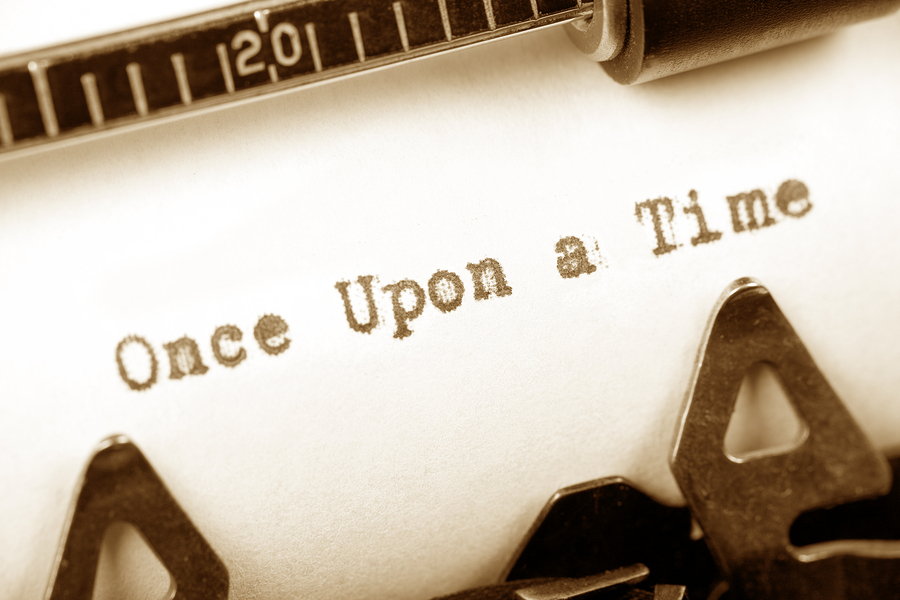
The story of stories
Stories are everywhere.
Dr. Milton Erickson’s enduring legacy is his unique approach to psychotherapy and hypnosis. Within the scope of that approach his use of anecdote and story telling is arguably the most famous element.
Steven Spielberg is widely regarded as one of the premiere filmmakers of his generation. He has repeatedly said that telling the story is the most important thing in making a movie.
Writer Malcolm Gladwell says, “I am a story-teller, and I look to academic research… for ways of augmenting story-telling.”
Wherever you look you’ll find stories.
Why? Because:
- ―stories capture our imagination.
- ―stories are essentially how we think.
- ―stories Stick.
Think about it.
If someone says to you, “Oh that’s just sour grapes,” you’d know what they’re talking about. Or if you say, “Slow and steady wins the race,” everyone would know you are referencing the story of The Tortoise and the Hare. That’s REAL staying power because both these references to Aesop’s Fables are over 2,500 years old!
So if you want to be a more formidable persuader, or if you want to be more successful at work or if you want to be more popular socially – or all of the above –
It is very useful and extremely valuable to be able to tell a good story well.





 Download Doug O’Brien’s paper,
“Be your Best with Self Hypnosis”
Download Doug O’Brien’s paper,
“Be your Best with Self Hypnosis”